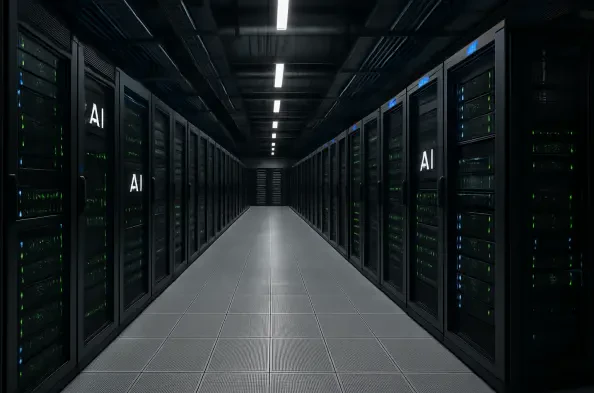As the digital age accelerates with the rapid growth of artificial intelligence, the demand for electricity to power expansive AI data centers has reached unprecedented levels, placing immense pressure on utilities across the United States. Exelon, a Chicago-based giant in the electricity sector, finds itself at the heart of this transformative challenge, managing a staggering potential demand of 33 gigawatts from data center customers eager to connect to its grid. This capacity could theoretically supply power to every home in California, New York, and Texas combined, underscoring the scale of the issue. With 17 gigawatts already in the connection queue and an additional 16 gigawatts under evaluation, expected to enter the formal pipeline soon, Exelon is navigating a landscape where technological innovation is outpacing traditional energy infrastructure. This scenario reflects a broader trend in the national power sector, where soaring consumption is testing the limits of the grid and demanding innovative solutions from major players like Exelon.
Navigating the Supply-Demand Gap
Exelon serves over 10.5 million customers through its six regulated transmission and distribution utilities, cementing its role as a cornerstone of the U.S. energy landscape. However, the mismatch between current power generation capacity and the escalating needs of Big Tech’s AI operations poses a significant hurdle. During a recent earnings call, CEO Calvin Butler highlighted the company’s determination to address this gap, acknowledging that existing resources fall short of meeting the burgeoning demand. To counter this, Exelon is exploring the possibility of building and owning power generation facilities, a strategy currently limited by regulations in many states that restrict utilities to managing power lines while independent producers handle generation. Discussions in states like Pennsylvania and New Jersey about allowing utilities to develop power plants signal potential regulatory shifts. Such changes could enable Exelon to play a larger role in meeting the energy demands driven by data-intensive technologies, marking a pivotal moment for the industry.
Financial Resilience and Strategic Focus
On the financial front, Exelon demonstrated robustness in its second-quarter results, posting revenue of $5.43 billion, slightly above analysts’ expectations of $5.38 billion. While earnings varied across its units—with PECO in Pennsylvania reporting a remarkable 51% increase to $136 million and Commonwealth Edison in Illinois seeing a 15.6% drop to $228 million—the company maintained its full-year adjusted profit forecast between $2.64 and $2.74 per share, closely aligning with market predictions of $2.69 per share. Adjusted operating earnings of 39 cents per share for the April to June period also surpassed estimates by two cents. Looking back, these results showcased Exelon’s ability to weather regional disparities while staying committed to strategic growth. As the utility sector adapts to the explosive energy needs of AI data centers, Exelon’s focus on exploring generation ownership and navigating regulatory landscapes offers a glimpse into actionable steps forward. The path ahead involves balancing infrastructure upgrades with policy evolution to sustain both operational stability and technological progress.






